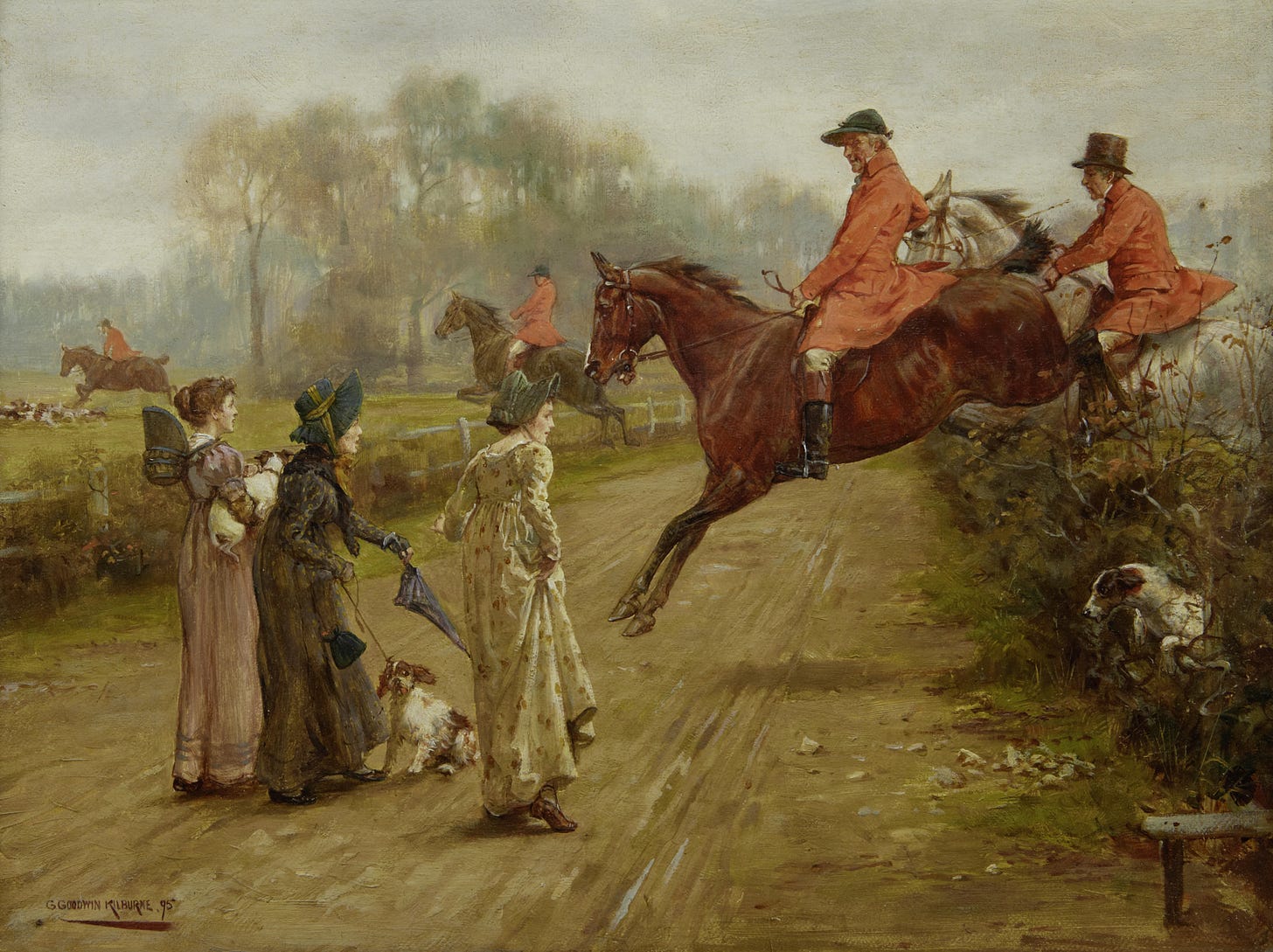Recently, while putting the finishing touches on a parody of a frequently-covered Simon-and-Garfunkel song, I asked ChatGPT to write a lampoon of its own. While it failed to scan properly - The Boxer is tricky that way - the rhyme that resulted from this little experiment expressed the essence of the tale I asked it to tell. Here, for example, is the best of the three verses composed by the large language model.
I've got slides on leadership, slides on change,
I've got slides on strategies, ain't it strange?
But sometimes in the coffee break, I wonder why,
I'm stuck here explaining, as time goes by.
The inability of ChatGPT to match words to music may, of course, be temporary. For all I know, clever lads and lasses of the programming persuasion may already have devised a way to teach large language models the skills they would need to thrive on Tin Pan Alley or Sixteenth Avenue. I suspect, however, that more time will have to pass before large language models can engage in the sort of double (or triple) entendre that makes for an engaging man-shanty or woman-warble.
Consider, if you will, this piece of a piece that celebrates the making of Country music that, I am told, takes place on the aforementioned boulevard.
There’s cowboys, drunks, and Christians,
Mostly white and black and blue.
All dialed the phone, collect to home
From 16th Avenue.
The phrase “white and black and blue” could refer to persons of Caucasian stock who bear bruises acquired in the course of their attempts to become song writers. At the same time, it might also indicate that, whatever their genetic heritage, the aspiring artists in question suffer from the sort of sadness so often expressed in Country music. Finally, the last word in the phrase may also pay homage to the role played by the Blues in the genesis of the Nashville sound.
“A day may come when the courage of men fails ..”
Sorry about that …
A day may come when larger large language models can work the sort of magic that master songwriter Thom Schuyler wrought with Sixteenth Avenue. But it is not this day.
A day may come when a computer can truly play with words, connecting them to memories in the minds of men, and not just rearrange them in the manner of refrigerator magnets. But it is not this day.
Until that day, ChatGpt and others of its ilk will remind us that the things that make for truly human writing, things such as serendipitous combinations, near misses of meaning, and, the pre-meditated flouting of rules, are more likely to flow from the pen of a self-directed learner than emerge from the word-processor of someone who paid too much attention to teachers.





I predict there will be a moment when many of us will descend into the Uncanny Valley with AI in general. A truism I often state: no one gives an ebook as a present. We instinctively know and appreciate the physical, the sincere, the immutable. We will tolerate ephemeral information, to be sure, but it has no sentiment. I pray so anyway. God help us.
Oddly enough, there are steps underway to address these very issues: https://www.wsj.com/tech/ai/talking-to-chatbots-is-now-a-200k-job-so-i-applied-258bd5f0?st=1pbjmeftzsql3j2&reflink=article_copyURL_share